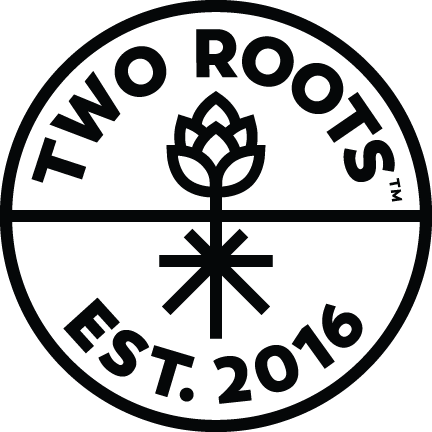Summary – 1 Minute Read.
The cannabis strain Pink Rozay THCa, known for its high potency and unique effects, raises ethical questions about accessibility, environmental impact, and public health. The disparity in access to premium strains can perpetuate social inequalities, while the cultivation of specialized strains necessitates sustainable farming practices to minimize environmental harm. Both consumers and producers bear responsibility for supporting ethical practices within the industry. Additionally, education on safe usage is crucial to ensure that individuals benefit from its therapeutic potential without misuse.
Weed Strain Pink Rozay THCa
When discussing the cannabis strain Pink Rozay THCa, it is essential to consider the ethical implications of its cultivation, distribution, and consumption. As society increasingly embraces cannabis for both medicinal and recreational purposes, we must scrutinize the broader impacts on communities and individuals.
Quality THCa strains like Pink Rozay are praised for their high potency and unique effects. However, this raises questions about accessibility and equity. Are these premium strains available to all who might benefit from them, or do they remain exclusive to those with greater financial means? The disparity in access can perpetuate existing social inequalities, as marginalized groups may not have the same opportunities to benefit from high-quality cannabis products.
Furthermore, the environmental impact of cultivating such specialized strains cannot be overlooked. Ethical farming practices become crucial when considering the carbon footprint and resource usage associated with growing cannabis. Sustainable methods should be prioritized to minimize harm to our planet while still producing Quality THCa strains like Pink Rozay.
A critical callout here is the responsibility of consumers and producers alike to support ethical practices in the cannabis industry. By choosing products from companies that prioritize sustainability and equitable access, we can collectively promote a more just and responsible market.
Lastly, there is a moral dimension regarding public health. While Pink Rozay THCa offers potential therapeutic benefits, it also poses risks if misused or overconsumed. Education on safe usage must accompany availability to ensure that individuals make informed decisions about their health.
In summary, while Pink Rozay THCa represents a significant advancement in cannabis quality and potency, it also brings forth important ethical considerations that warrant careful reflection and action by all stakeholders involved.
Frequently Asked Questions (FAQs):
Question: What is Pink Rozay THCa known for?
Answer: High potency and unique effects.
Question: Why is accessibility to premium strains like Pink Rozay a concern?
Answer: Potential perpetuation of social inequalities.
Question: What environmental issues are linked with cultivating specialized cannabis strains?
Answer: Carbon footprint and resource usage.
Question: How can consumers support ethical practices in the cannabis industry?
Answer: Choose products from sustainable and equitable companies.
Question: What should accompany the availability of Pink Rozay THCa?
Answer: Education on safe usage.
Helpful Links:
-
Leafly: Provides detailed information on various cannabis strains, including Pink Rozay, and insights into their effects and benefits.
-
Project CBD: Offers educational resources on the therapeutic uses of cannabinoids and promotes ethical considerations in cannabis consumption.
-
NORML: Advocates for responsible cannabis use and policy reform, with a focus on equity and accessibility.
-
Sustainable Cannabis Coalition: Aims to promote sustainable farming practices within the cannabis industry to reduce environmental impact.
-
Cannabis Business Times: Provides news and analysis on the business side of cannabis cultivation, including ethical practices and sustainability.
-
Americans for Safe Access: Focuses on ensuring safe and legal access to medical cannabis for patients who can benefit from it.
-
The Cannabis Conservancy: Certifies environmentally sustainable cultivation methods in the cannabis industry.
Definition:
- Weed Strain: A specific variety of cannabis plant that has been bred for particular characteristics and effects.
- Pink Rozay: A specific weed strain known for its unique flavor profile, often described as sweet and fruity, and its potent effects.
- THCa (Tetrahydrocannabinolic Acid): The non-psychoactive precursor to THC (Tetrahydrocannabinol), which becomes psychoactive when heated through a process called decarboxylation.





